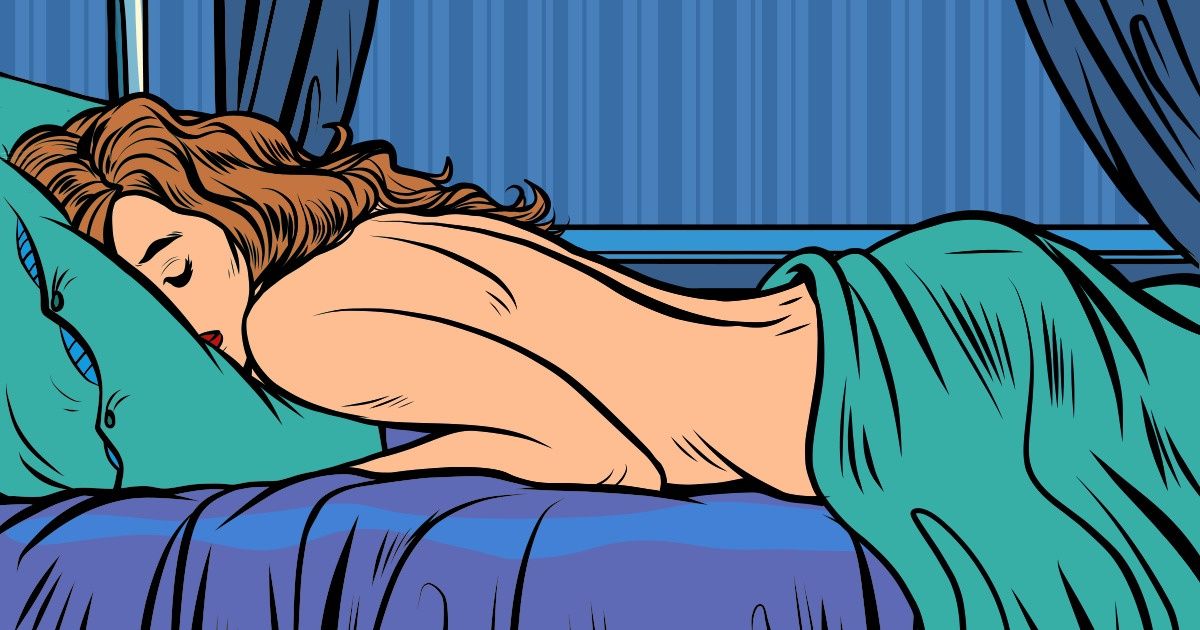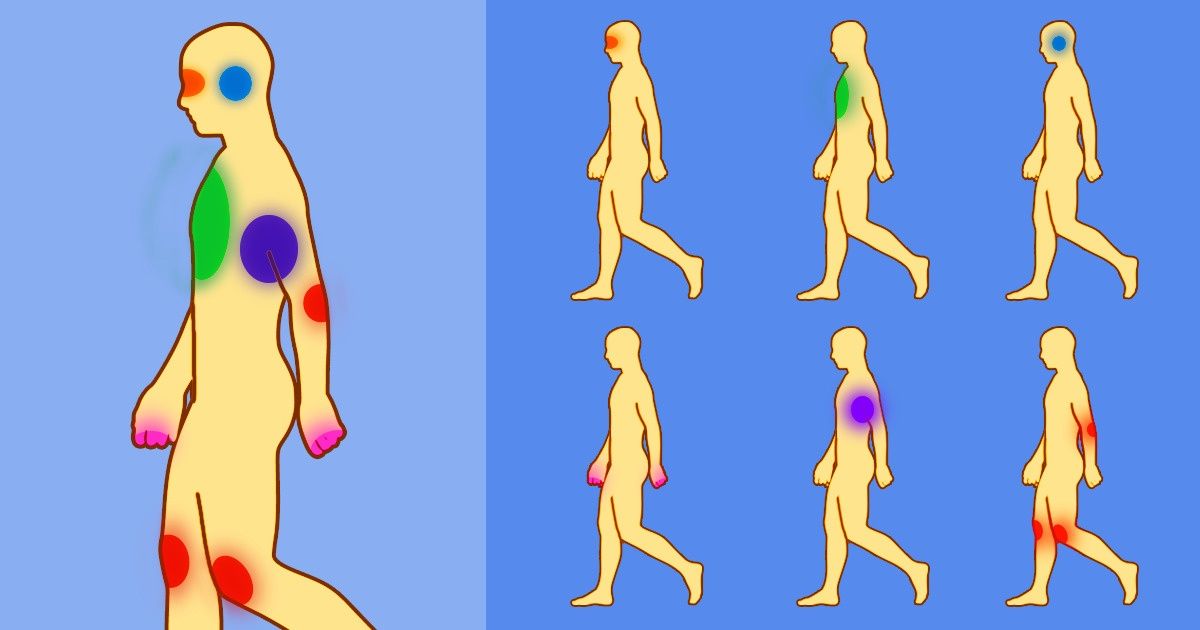Maintaining clean bedding is more important than most people realize. Your sheets are in constant contact with your skin, hair, and body fluids throughout the night, creating an ideal breeding ground for bacteria, dust mites, and allergens. In today’s fast-paced world, it’s easy to overlook the crucial role that fresh, clean sheets play in your overall health and well-being. This article explores the significant risks associated with neglecting your bed hygiene and offers actionable advice on how to maintain a healthy sleeping environment.
Acne Breakouts and Skin Irritation: The Hidden Dangers of Dirty Sheets
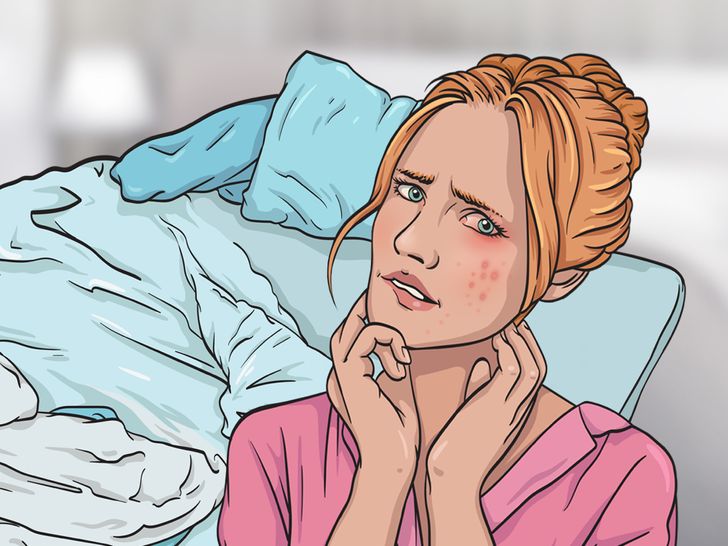
One of the most common effects of not washing your sheets is the development of acne breakouts and irritated skin. Over time, the accumulation of sweat, oil, dead skin cells, and bacteria on your bedding can clog pores and cause inflammation. Research from dermatology experts indicates that sleeping on unwashed sheets can exacerbate conditions like acne, leading to long-term skin damage and discomfort.
For those prone to sensitive or acne-prone skin, it is crucial to establish a regular washing routine. Using gentle, hypoallergenic detergents and high-temperature washes can help reduce the bacterial load on your sheets. Furthermore, integrating skincare routines with products containing salicylic acid or benzoyl peroxide can mitigate the effects of dirt and oil build-up. For more detailed information, Healthline provides expert insights into managing acne effectively.
Allergic Reactions and Dust Mites: How Unwashed Bedding Can Affect Your Health
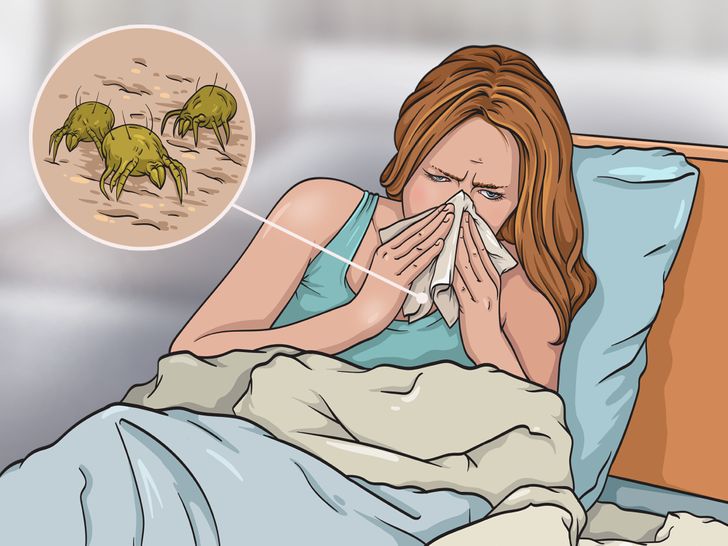
Dust mites thrive in warm, humid environments—making your unwashed sheets a perfect habitat. These microscopic creatures feed on dead skin cells, and their waste products can trigger severe allergic reactions, including sneezing, runny nose, and itchy eyes. The Centers for Disease Control and Prevention (CDC) notes that dust mites are a significant contributor to respiratory allergies and can worsen conditions such as asthma.
Washing your sheets in hot water (at least 130°F or 54°C) once a week is a proven strategy to eliminate dust mites and their allergens. Additionally, investing in allergen-proof mattress and pillow covers can provide an extra layer of defense against these microscopic irritants. For more detailed guidelines on allergy prevention, WebMD offers comprehensive advice on managing dust mite exposure.
Pet Allergies and Bacterial Contamination: The Impact of Sleeping with Your Pets on Unwashed Sheets
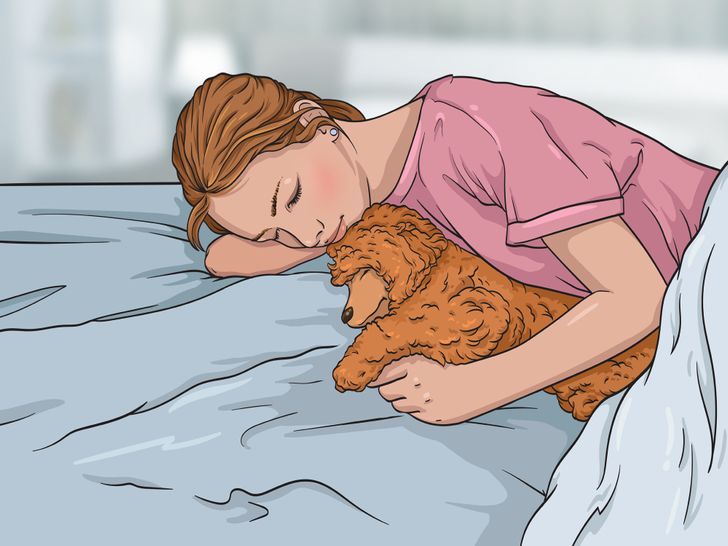
While many pet owners enjoy the comfort of cuddling with their furry friends, sharing your bed with pets can contribute to an increased concentration of allergens and bacteria on your sheets. Pet dander, saliva, and even fur can accumulate and serve as additional allergens that may lead to respiratory issues or skin irritation. Moreover, pets can carry various bacteria and parasites that might not only trigger allergies but also lead to infections, particularly in individuals with weakened immune systems.
If you choose to sleep with your pets, consider implementing a stricter washing schedule for your bedding. Frequent laundering with pet-safe detergents can help minimize the risk of bacterial contamination. Additionally, regular grooming and health checks for your pets can prevent the spread of allergens and infectious agents. For pet owners looking for more information on maintaining a clean sleeping environment, PetMD provides helpful tips and resources.
Itchy Scalp and Sebum Buildup: The Role of Dirty Bedding in Hair Health
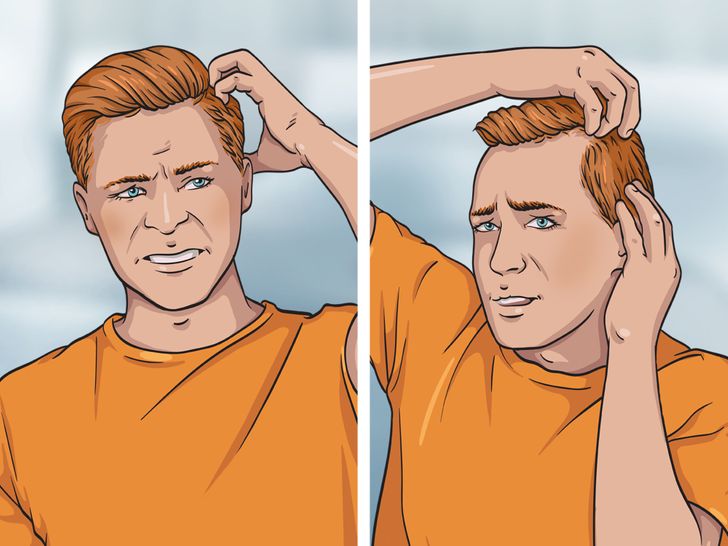
An often-overlooked consequence of not washing your sheets is the impact on your hair and scalp. Throughout the night, your bedding absorbs oils, sweat, and environmental pollutants. These substances can transfer back to your hair and scalp, contributing to sebum buildup, clogged hair follicles, and even dandruff. An itchy scalp not only causes discomfort but may also lead to conditions like seborrheic dermatitis if not properly managed.
Regular washing of your bedding is a simple yet effective way to reduce the accumulation of harmful substances that can compromise hair health. Using silk or satin pillowcases may also help reduce friction and minimize sebum absorption, keeping your hair smoother and less prone to damage. For additional tips on maintaining a healthy scalp, The American Academy of Dermatology offers expert advice on hair care and scalp health.
The Risk of Pink Eye Reinfection: How Unclean Sheets Contribute to Eye Infections
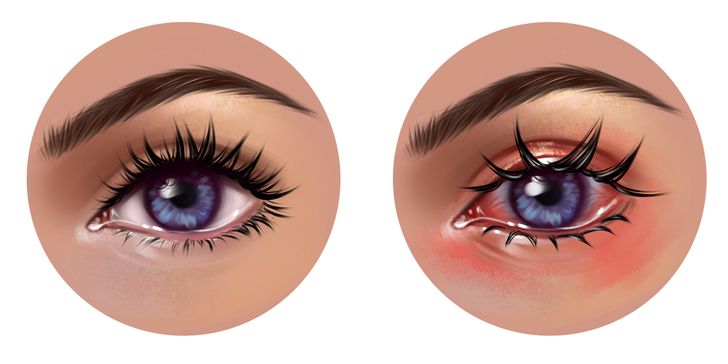
Pink eye, or conjunctivitis, is a common eye infection that can be easily spread by contaminated surfaces—including your bed sheets. Bacteria and viruses that cause pink eye can reside on your bedding, leading to reinfection if proper hygiene practices are not followed. Individuals who have recently recovered from pink eye are especially vulnerable to contracting the infection again if they reuse contaminated bedding.
To avoid the risk of reinfection, it is crucial to wash your sheets frequently in hot water. In addition to regular laundering, avoid touching your face and eyes with unwashed hands after contact with your bedding. This practice can further reduce the risk of transferring harmful pathogens. For more insights on preventing and treating conjunctivitis, the Mayo Clinic provides reliable medical guidance.
Maximizing Bed Hygiene: Practical Tips for Keeping Your Sheets Clean
Maintaining a clean sleeping environment doesn’t have to be a time-consuming chore. Here are some practical, SEO-optimized tips to help you get the most out of your laundry routine:
Set a Washing Schedule: Aim to wash your sheets at least once a week. For those with allergies or sensitive skin, consider increasing the frequency to twice a week.
Use High-Quality Detergents: Opt for detergents that are effective at eliminating bacteria and allergens without harsh chemicals. Look for brands that promote natural or organic ingredients.
Select the Right Water Temperature: Washing your sheets in hot water (above 130°F) can kill dust mites and bacteria more effectively.
Consider Fabric Type: Natural fabrics such as cotton are breathable and easier to wash, while synthetic materials might require special care.
Supplement with Mattress Protectors: Adding allergen-proof covers to your mattress and pillows can provide an extra layer of protection.
Avoid Overcrowding Your Washer: Washing smaller loads allows for a more thorough cleaning, ensuring that every sheet is properly sanitized.
By incorporating these practices into your weekly routine, you can significantly improve your overall bed hygiene and reduce the risk of various health issues associated with dirty sheets.
Addressing Common Misconceptions About Sheet Washing
Despite the clear health benefits of regular sheet washing, there are still common misconceptions that prevent people from adopting proper bed hygiene practices. Some believe that washing sheets too frequently can damage the fabric or lead to excessive wear. However, modern textiles and detergents are designed to withstand regular cleaning without compromising quality. In fact, regular washing can prolong the lifespan of your bedding by preventing the accumulation of dirt and oils that weaken the fibers over time.
Another misconception is that using laundry additives or fabric softeners can effectively eliminate bacteria and allergens. While these products may enhance the softness and fragrance of your sheets, they do not substitute for proper cleaning. The primary focus should always be on the frequency and method of washing to ensure a truly hygienic sleeping environment.
Environmental Considerations and Sustainable Cleaning Practices
While maintaining clean sheets is essential for your health, it’s also important to consider the environmental impact of frequent laundering. Opt for eco-friendly detergents that are biodegradable and free from harsh chemicals. Additionally, consider using energy-efficient washing machines and line-drying your sheets when possible to reduce energy consumption. Sustainable cleaning practices not only protect your health but also contribute to a greener planet.
Many brands now offer eco-friendly products that are both effective and sustainable. Researching these options can help you make informed decisions that benefit both your home environment and the world at large. For sustainable laundry tips and eco-friendly product recommendations, Environmental Protection Agency (EPA) is a useful resource.
Final Thoughts: Transforming Your Sleep Environment for Better Health
Your bed is your sanctuary—a place to rest, rejuvenate, and recover from the stresses of daily life. However, if neglected, it can quickly become a hotspot for bacteria, allergens, and other contaminants that pose significant health risks. From skin irritation and acne breakouts to respiratory issues and eye infections, the consequences of not washing your sheets extend far beyond mere discomfort.
By understanding the risks and implementing a few simple changes, you can create a cleaner, healthier sleeping environment. Regular laundering, using the right cleaning products, and adopting sustainable practices are all key steps in maintaining optimal bed hygiene. Remember, a clean bed is not just a luxury—it’s a vital component of a healthy lifestyle.
Taking control of your sleep environment today can lead to improved health, better skin, and a more restful night’s sleep. Prioritize your well-being by making regular sheet washing a non-negotiable part of your routine. For additional advice on maintaining a healthy home environment, CDC and Mayo Clinic offer a wealth of information and resources.
In conclusion, the importance of clean sheets cannot be overstated. With the right routine and a focus on sustainable, effective cleaning practices, you can protect yourself from the hidden dangers lurking in unwashed bedding. Embrace these practices, and enjoy the benefits of a healthier, more hygienic sleeping space.
